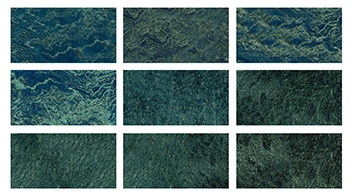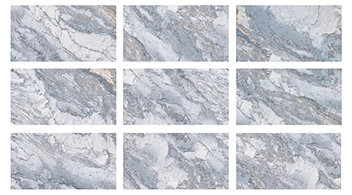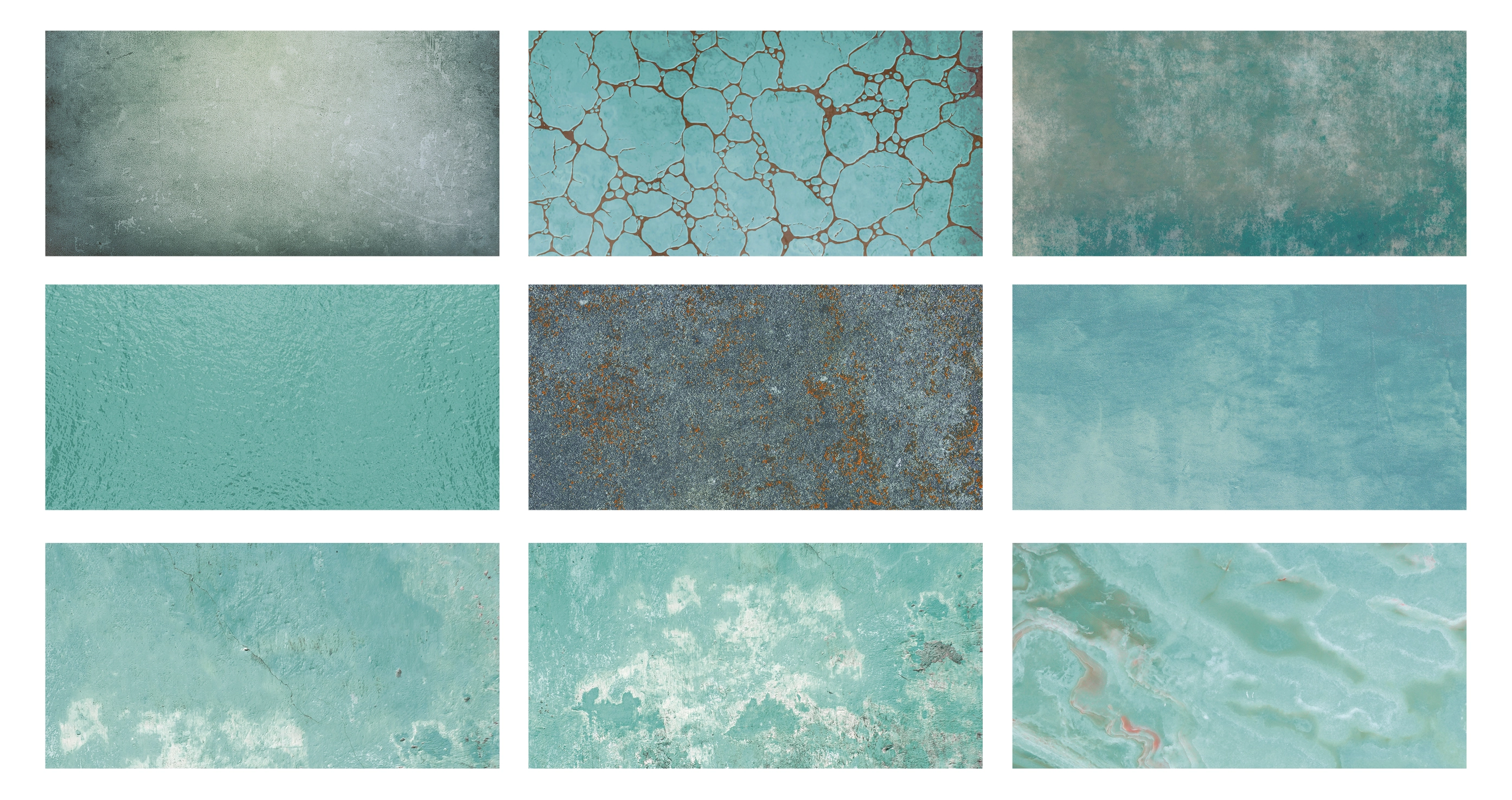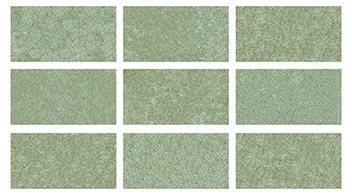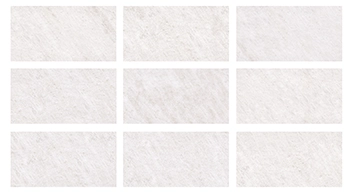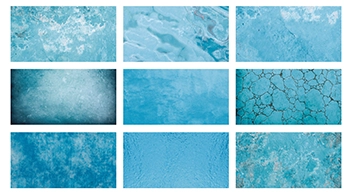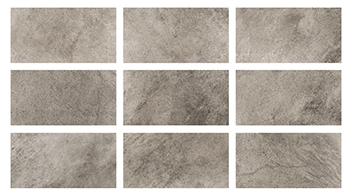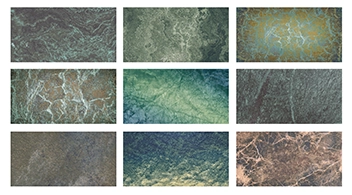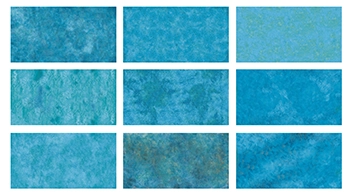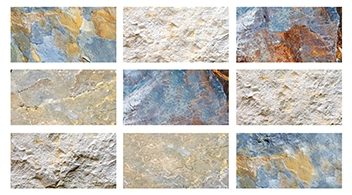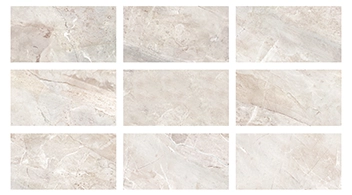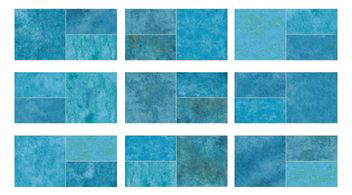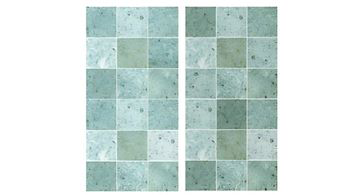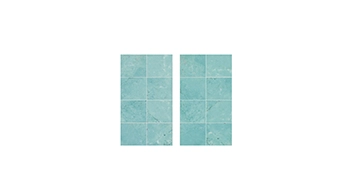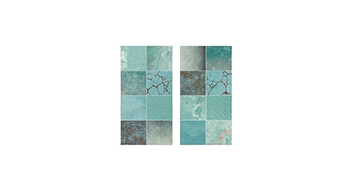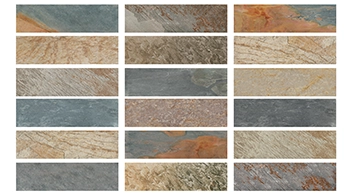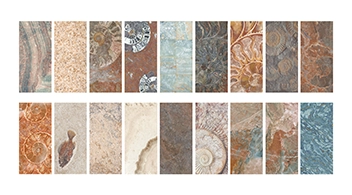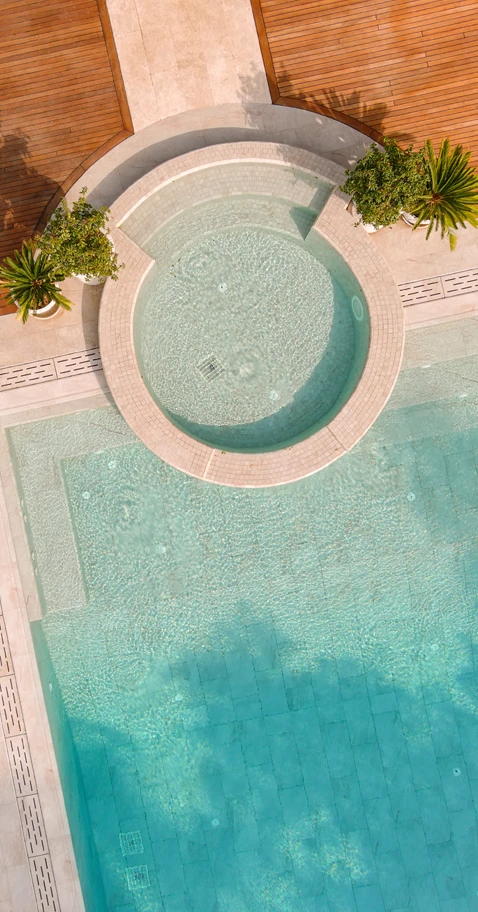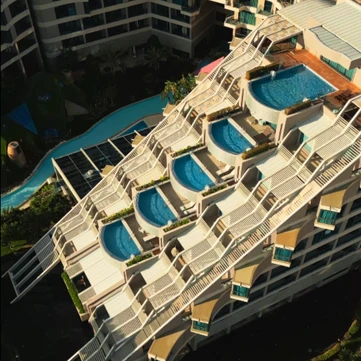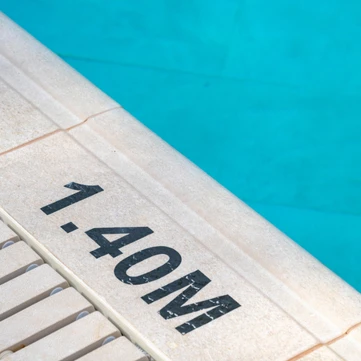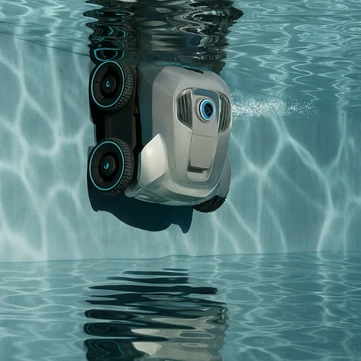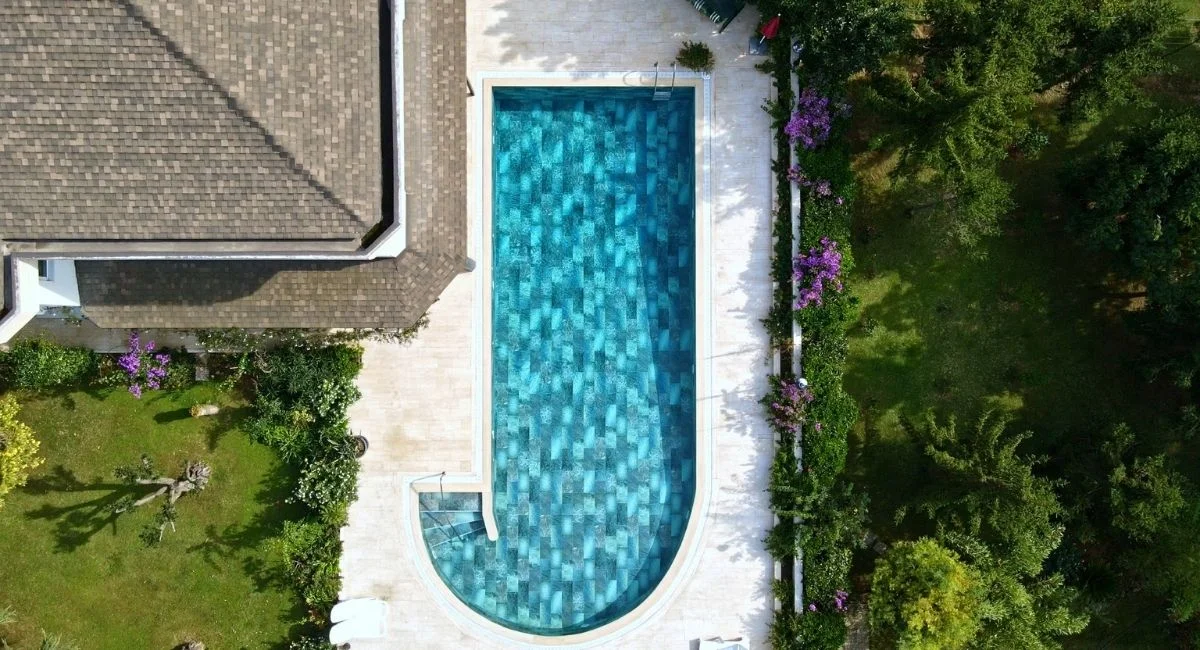
Swimming pools are not only about beauty and aesthetics—they become long-lasting and safe spaces through the right technical details and material selection. That’s why choosing the right pool tiles is a balance of form and function for architects, a matter of technical strength and installation efficiency for contractors, and a long-term, safe, and easy-to-clean investment for end users.
At Serapool, we exclusively manufacture using 100% Porcelain Tiles to meet all of these expectations seamlessly. Let’s explore the key technical and aesthetic criteria for choosing the right Pool Tiles:
Anti-slip Properties: The Foundation of Safety
Pool edges, walkways, and Swimming Pool Steps are constantly exposed to water, creating slip hazards. Anti Slip Tiles with an PTV ≥ 45° rating and above eliminate these risks.
An R11-rated porcelain surface provides slip resistance on slopes between 19° and 27°, tested under wet or oily conditions. Even with increased inclination, the foot’s grip on the surface indicates minimized slip risk. Therefore, PTV ≥ 45° tiles offer safe use around constantly wet pool edges and walkways. They also improve surface traction whether barefoot or with footwear, preventing potential accidents.
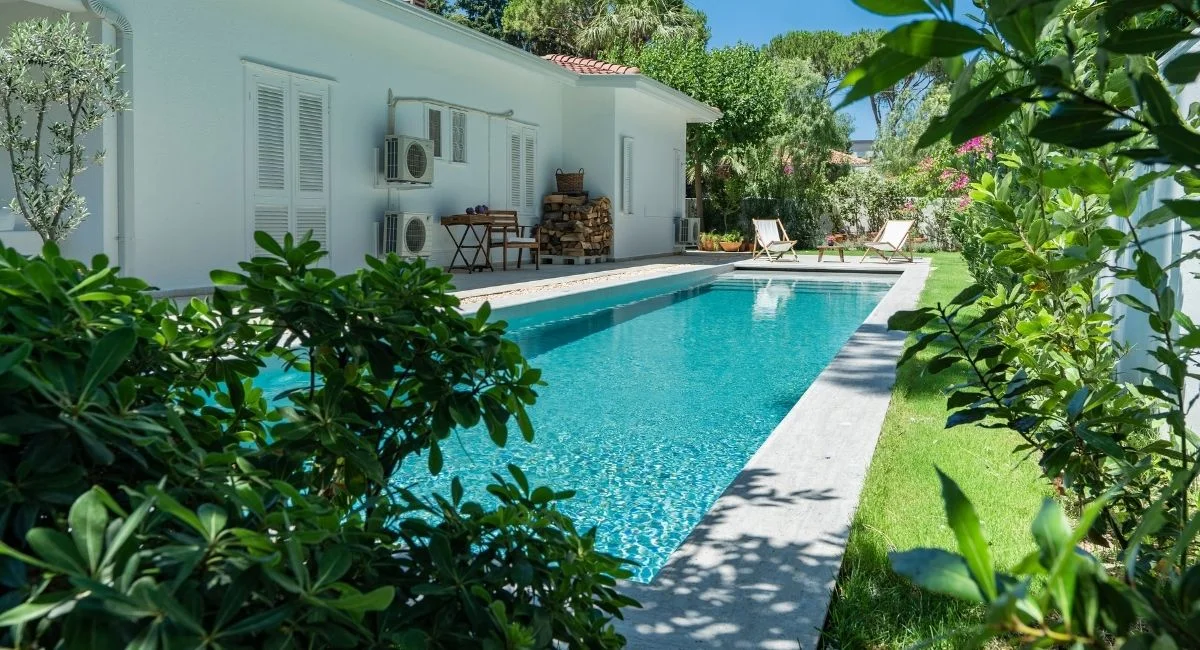
Chemical Resistance: Preserving Color and Surface Quality
Chemicals like chlorine, salt, and disinfectants used to clean pool water can degrade ceramic surfaces over time. Porcelain Tiles with high acid and alkali resistance provide maximum protection. This prevents surface dullness and helps maintain vibrant colors for years. Additionally, UV Resistance prevents fading due to sunlight exposure.
Low Water Absorption: Protection Against Freezing and Leakage
Pool Tiles are in constant contact with water. Therefore, the tiles must have a very low Water Absorption Rate. Porcelain Tiles, with absorption rates below 0.5%, prevent both water seepage and damage from freeze-thaw cycles. This feature guarantees longevity, especially in outdoor pool applications.
Dimensional and Surface Precision: Aesthetics Meets Technical Quality
Millimetric precision ensures both ease of installation and flawless appearance. Rectified and calibrated tiles maximize joint alignment across large surfaces, saving time and delivering a more professional result. For mosaics and small formats, mesh-backed systems ease application.
Grout Joint Spacing and Application Quality: Waterproofing and Cleanliness
Correct tile application is just as important as the tile itself. Epoxy-based grouts are the most water-resistant option. A joint spacing of 3–5 mm should be left for flexibility and waterproofing. Surface smoothness must be ensured during application to prevent water seepage over time.
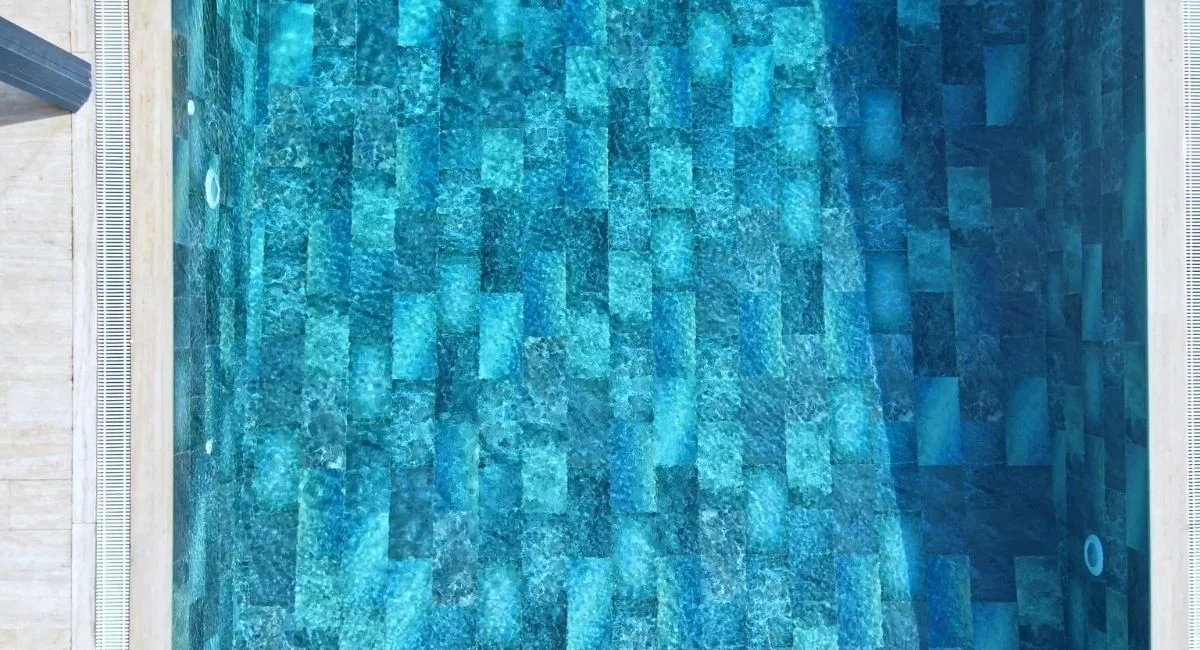
Certifications and International Standards
Compliance with standards like EN 14411 and ISO 13006 certifies tile quality. Certifications such as CE, anti-slip ratings, and technical data sheets should always be reviewed. At Serapool, all our products are designed and certified in accordance with these international standards.
The Advantage of Porcelain Over Ceramic
Compared to Ceramic Tiles, Porcelain Tiles provide superior performance in Pool Renovation and new builds with their low Water Absorption, high compressive strength, and freeze resistance. That’s why professional-grade projects that aim for long-term durability must rely on 100% Porcelain Tiles.
For more insights on this subject, read our blog post: “Porcelain vs Ceramic in Pool Design”.
Choosing a Swimming Pool Tile should go beyond visual appeal—it must also deliver on longevity, safety, and technical excellence. At Serapool, our portfolio of 100% Porcelain Tiles offers robust and aesthetic solutions for both professionals and end users.
If you want expert guidance in selecting the right tiles for your project, get in touch with our specialist team. Let’s design your dream pool together with tailored solutions.
